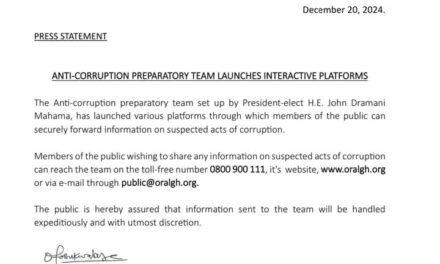German Chancellor Olaf Scholz has lost a vote of confidence in parliament, paving the way for early elections on 23 February.
Scholz called Monday’s vote and had expected to lose it, but calculated that triggering an early election was his best chance of reviving his party’s political fortunes.
It comes around two months after the collapse of Scholz’s three-party coalition government, which left the embattled chancellor leading a minority administration.
Ahead of Monday’s vote, Scholz said it would now be up to voters to “determine the political course of our country”, teeing up what is likely to be a fiercely fought election campaign.
Losing Monday’s no-confidence vote was the outcome Scholz had wanted.
Thanks to the loss, elections can now happen in February, rather than in September as originally scheduled.
There were 207 MPs, mainly from his own party, who voted for Scholz, while 394 voted against him and 116 abstained.
Since Scholz’s argumentative three-party governing coalition collapsed in November, he had been reliant on support from the opposition conservatives to pass any new laws, effectively rendering his administration a lame-duck government.
Given Germany’s stalled economy and the global crises facing the West, staggering on until the scheduled election date of September 2025 risked being seen as irresponsible by the electorate.
Scholz’s Social Democratic Party (SDP) is trailing heavily in opinion polls, while the conservative Christian Democratic Union (CDU) under Friedrich Merz appears to be on course for a return to government.
Opening debate ahead of Monday’s vote, Scholz said the snap election was an opportunity to set a new course for the country and called for “massive” investment, particularly in defence, while Merz said more debt would be a burden for younger generations and promised tax cuts.
Source: BBC





